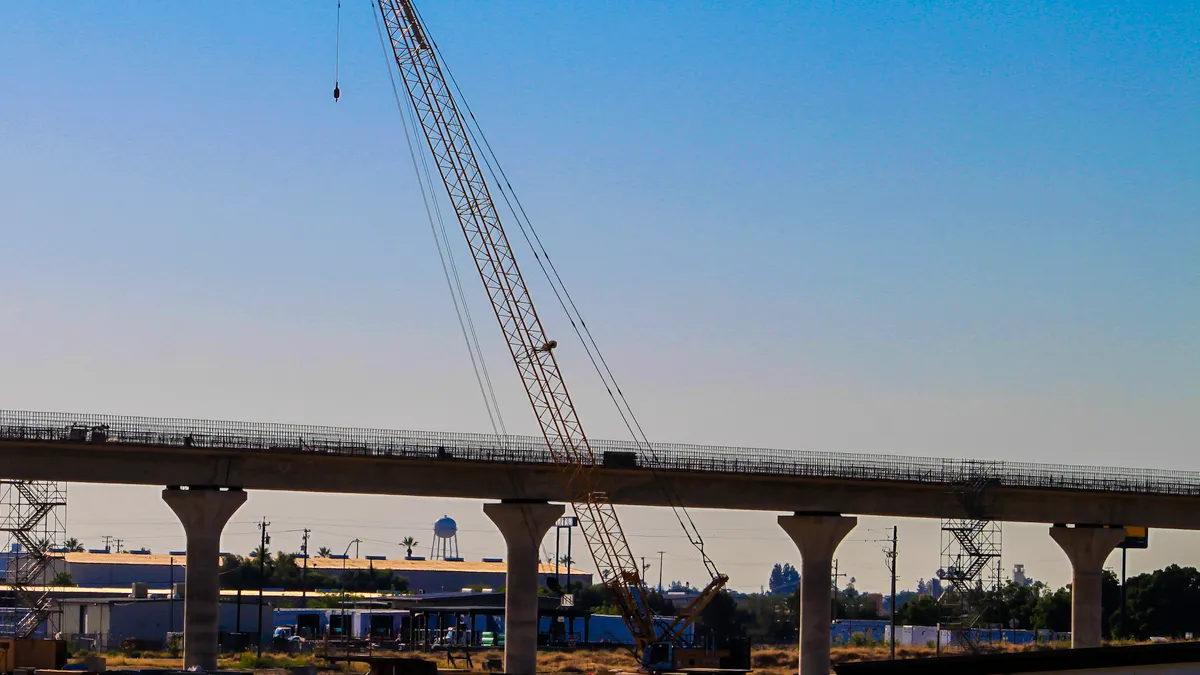California invested nearly $1.3 billion in almost 19,500 projects implemented throughout 2022, using funds raised by the state’s cap-and-trade auction, according to a recent annual report to the state legislature.
The funding initiative, called California Climate Investments, not only focuses on reducing planet-warming emissions but addresses other issues such as “the availability of affordable housing, transportation to and from work and other important destinations, energy costs, extreme heat, fire, access to clean drinking water, as well as protecting and enhancing our natural and working lands,” said Alex Stockton, a California Air Resources Board air pollution specialist responsible for the 2023 report, in an interview.
California aims to achieve carbon neutrality by 2045, which would slash greenhouse gas emissions by 85% compared with 1990 levels and reduce smog-forming air pollution by 71%, according to CARB.
Since 2013, California has operated the country’s first cap-and-trade program, a market-based strategy to reduce GHG emissions. Companies are allotted a maximum amount of GHG emissions but can sell shares of their allowed emissions or buy other companies’ shares. California Climate Investments programs are funded by proceeds from the state’s quarterly cap-and-trade auctions.
Since investments began in 2014, nearly three-quarters of funds have gone to projects for low-income or disadvantaged communities disproportionately harmed by air pollution and climate change impacts, the 2023 report says.
Over their lifetime, projects funded by the cap-and-trade proceeds could reduce GHG emissions by more than 97 million metric tons of carbon dioxide equivalent. CARB collaborates with 23 state agencies to deliver CCI funds to more than 75 programs administering climate and equity projects.
Stockton said that CCI programs have provided more than 10,000 affordable housing units, planted more than 200,000 urban trees and supported more than 1,000 transit projects.
For example, 72 affordable housing units opened last year in Riverside’s urban core, alongside a new bus stop, several new bus shelters, two bike-share stations, new bikeways, a protected pedestrian crossing, and nearly 250 shade trees — all funded with CCI funds.
Following in California’s footsteps, Washington state launched a carbon market earlier this year. The estimated $1 billion raised annually by that program will be invested in climate, environmental justice and ecological programs.











